Confidentiality
Experiential Education

What you will learn about in this module
- What ‘confidentiality’ is
- Why confidentiality (and privacy) is important
- Which personal information might be of a confidential nature
- Maintaining confidentiality in the classroom
- Maintaining confidentiality on field trips, placements, and so on
- Maintaining confidentiality in the workplace (including volunteering)
- Some University of Tasmania policies on confidentiality

Introduction
You might be familiar with the term ‘confidentiality’. Perhaps you’ve encountered it with a confidentiality agreement – in fact you might even have had to sign such a document during the course of your learning or in the workplace. But what does ‘confidentiality’ really mean? Why is it important? What is a confidentiality agreement?
This module is an overview of the concept of confidentiality and will go some way to answering these questions. It looks at confidentiality in the classroom (for students and staff), during excursions or work placements outside the classroom, and in the workplace (including when volunteering). Although there may be specific issues of confidentiality depending on the situation (for example in a laboratory, in a school, or in public) the basic needs are the same: keeping private and confidential the information that we do not have permission to pass on to anyone else.
For the purpose of this module, ‘confidentiality’ covers personal information as well as commercial information. Strictly speaking, different laws cover matters of confidentiality (usually information of commercial value) and matters of privacy (usually information of a personal nature) (N. Flinn 2018, pers. comm., 15 October). However, there are cross-overs, and personal information is included here as being of a confidential nature.

What is Confidentiality?
To find a definition of the term ’confidentiality’, we need to go back to its root word, confidence, which is
(1) believing that someone or something is trustworthy and can be relied upon, and
(2) trusting another person enough to tell them private matters, believing that they will not betray that trust.
To put it in a formal context, according to the Dictionary of Psychology (Reber 1995, p. 144) confidence is trust, and/or a belief in a person’s trustworthiness:
This is the meaning intended in most social...contexts.
According to the same dictionary (Reber 1995, p. 144), confidentiality is:
The characteristic of being kept secret; an intimacy of knowledge shared by a few who do not divulge it to others. The term is most commonly used with respect to...legal and ethical issues...
That is: we are maintaining confidentiality if we are told something, hear something, see something, or learn something that is private, and we respect that privacy by not passing on the information to anyone else without proper consent.

Why is Confidentiality Important?
Confidentiality is important on several levels. Here are a few:
The importance of confidentiality - the personal aspect
This short YouTube video will give you some ideas of why people consider it to be important.
Confidentiality Matters | 1:22 mins
You might relate to some of the suggestions in the video as to what confidentiality is about. One that struck a chord with me reads:
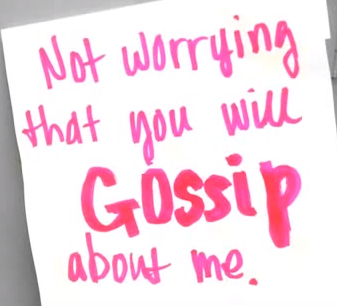
Another one is about The Golden Rule:
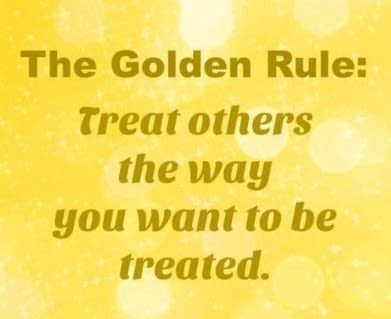
This idea, also called ‘the ethic of reciprocity’, is present in most major religions and in general day to day life.
In the case of the ethic of reciprocity in matters of confidentiality, just as there is information about ourselves that we would not like others to make public (even to one other person), there is information about others (or businesses) that we should not pass on to anyone else. If it is passed on, it can cause hurt and embarrassment at the least, and destroy our trust in the person who revealed the information.
The importance of confidentiality – information sharing
At first glance, an ethic of confidentiality can appear to be restrictive, telling us what we can’t do. Researchers Garrath Williams and Iris Pigeot suggest that rather than confidentiality being restrictive, it helps us know what we can do, and it has benefits if it is done the right way:
Confidentiality...means sharing information on very specific terms and with rigorous safeguards.
One benefit, according to the researchers, is that ‘confidentiality facilitates information sharing’ (2017, p. 246). That is, if it is known that the other person or people can be trusted not to pass on specific information to others without permission to do so, then the person with the information is much more willing to share that information. This can be valuable in the classroom, in the workplace, and in research: working together and collaborating without fear of breach of trust can create an excellent working relationship, with better work or research outcomes (‘many hands make light work’).
The importance of confidentiality – the law
In some cases, confidentiality is underpinned by the law. As with research work (see above), this will often be exemplified in a confidentiality agreement.
A confidentiality agreement can be defined as a document signed by someone who agrees not to disclose confidential information to anyone, in order to protect the information provider. It is also known as a non-disclosure agreement, or a trade secret agreement, or a deed of confidentiality. It is usually legally binding for a specified time period.
Here is a link to Business Queensland (2017), a Queensland Government site provides some examples of types of confidential information, the consequences of disclosure where an agreement is not in place, and the advantages of businesses having confidentiality agreements.

What kind of personal information should be kept confidential?
Here are some ideas of what people consider to be confidential (or private) about themselves. You will see a few more specific ones later in the module, where confidentiality in the classroom, on field trips, placements etc., and in the workplace, is discussed.
- Name, date of birth, age, sex and address
- Bank details
- Financial matters
- Medical history
- Ethnic origins
- Political opinions
- Religious or philosophical beliefs
- Health or sexual lifestyle
(Adapted from Sydney TAFE n.d., p. 1).

Confidentiality in the Classroom
In the classroom, whether it is physical or virtual, on campus or elsewhere, we hear, see and read information from fellow students. Some of that information might not be confidential – but much of it is likely to be. The best policy is to keep anything learnt from or about other students private and to not pass it on to anyone else without the student’s consent.
Teaching staff or facilitators might suggest, at the beginning of a unit, that the class could agree on a form of etiquette or guidelines in the classroom. This might include matters such as no mobile phones, allowing each person to participate in class discussions without interruptions or side conversations, and respecting others’ opinions and values. The list will most likely include ‘maintain confidentiality’. This confidentiality might apply to personal information, or information about others’ academic matters. There might also be highly sensitive information about students’ employers and work places.
The best policy is:
- For the student providing the information to make it clear to everyone beforehand that they would appreciate everyone respecting the confidentiality of the information.
- For those learning the information (including teaching staff, visitors, or others) to keep it to themselves or within the group, or
- To obtain consent, with clear guidelines, for sharing the information, including who it might be shared with, when, where, and for what purpose.
You will notice the reference above to teaching staff also needing to respect confidentiality – please see the section further on in this module on confidentiality in the workplace.

Confidentiality on Field Trips, Placements, and so on
The same discretion applies when students are attending sites other than the University campuses, such as on field trips and placements. That is, it is not ethical to pass on sensitive personal information or information that has previously been disclosed in the classroom to anyone else without explicit prior permission.
Further, it is best not to pass on confidential information about the University of Tasmania (UTAS) or the University College, or any of the staff members, visitors, or others who might be connected with the University of Tasmania or University College.
And, of course, it is not right to pass on confidential information you might learn about the field trip site or placement workplace and the people there, without prior clear consent. When children are involved, the requirements become even stricter. The UTAS College of Arts, Law and Education, for example, have strict guidelines on confidentiality for student teachers while they are on placement.
Many sites and workplaces will ask for a form of confidentiality agreement. You might be asked (by teaching staff or by site management) to sign such an agreement when you go on site visits, or for placement. Here is an example of one that is available for student placement in NSW Government agencies (NSW Department of Education & Training 2018, p. 31):
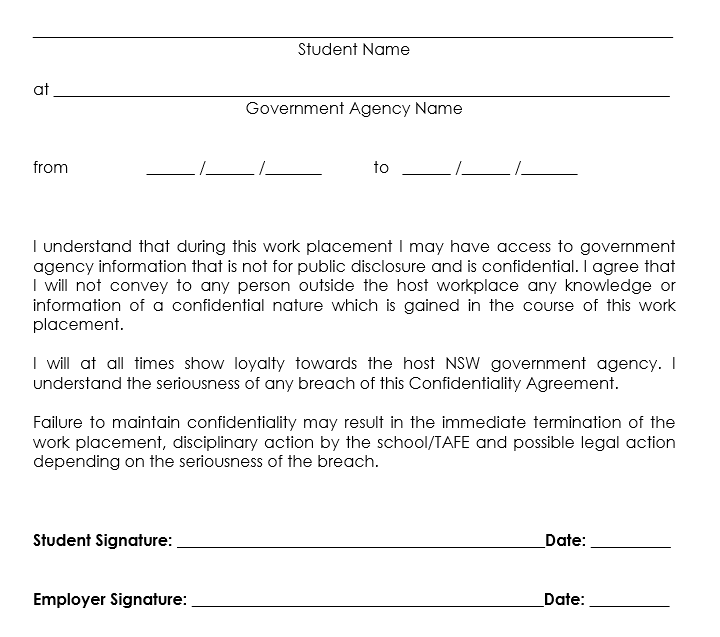
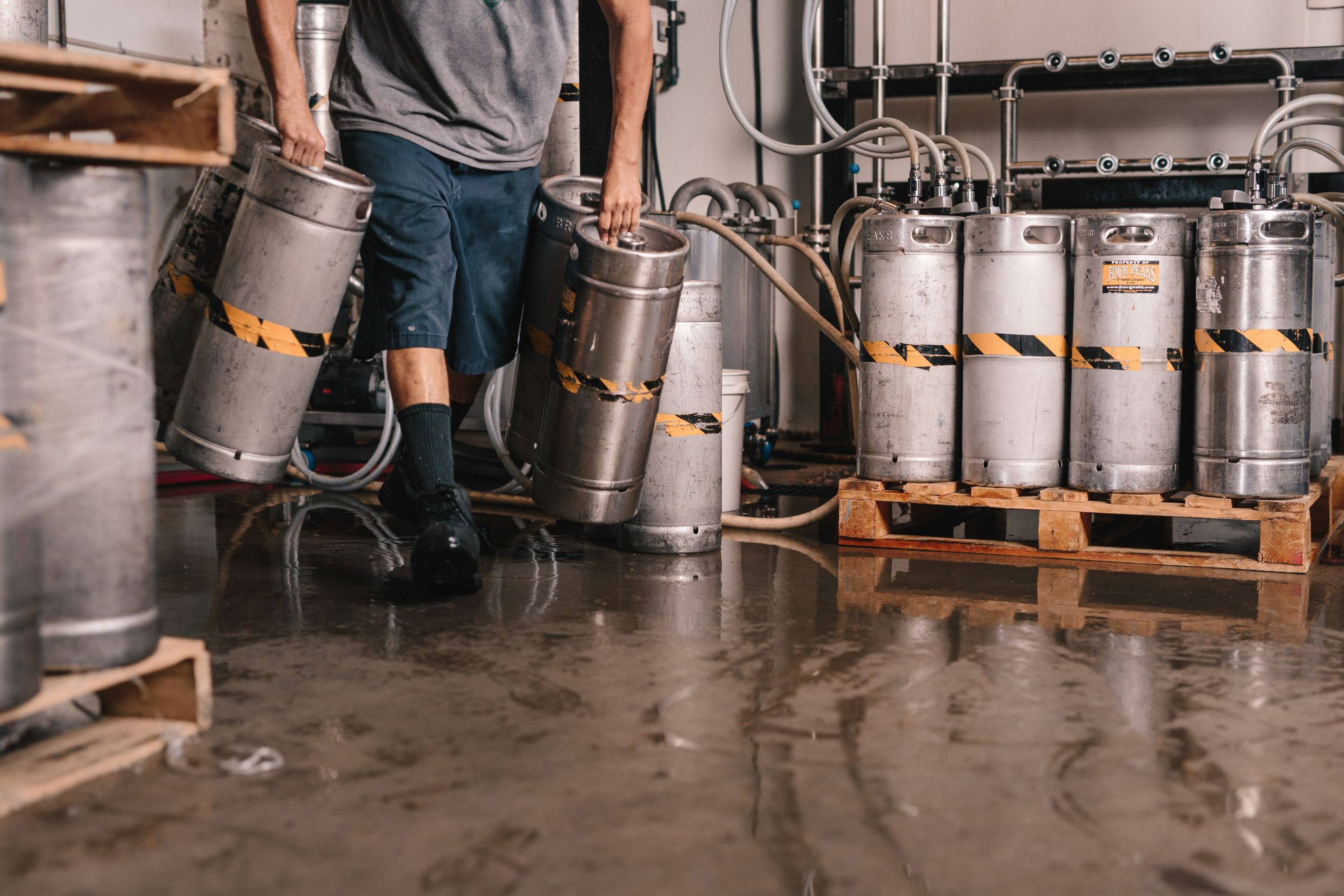
Confidentiality in the Workplace
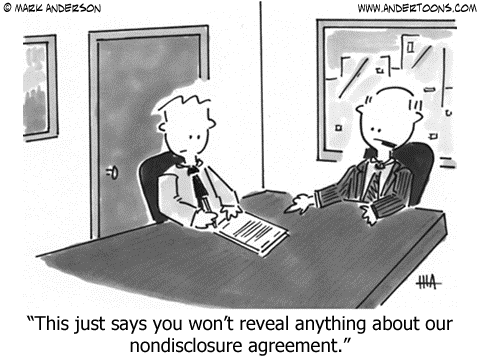
Anderson (2013)
Anderson (2013)
Confidentiality requirements in the workplace are the same as for the two sections above: being discreet about personal, academic, and business information. There may, however, be a few more policies in place to protect people, business information, trade secrets, or research and development details. This might include confidentiality agreements specific to the business, or to the type of work involved, such as laboratory work.
The University of Tasmania , for example, has policies and guidelines in place for its staff, and confidential information must be kept confidential. That means that all University of Tasmania and University College staff, as employees, have an obligation to others in the University, including the students, to maintain confidentiality about anything that might be of commercial value that they may learn during the course of their work.
The University of Tasmania also has guidelines about privacy obligations by staff in relation to students’ personal information. This involves, for the most part, obtaining a student’s consent before asking for information that might be of a personal nature. This might include gaining written consent.
The University’s workplace confidentiality agreement is governed by Tasmanian laws, and covers the following issues (among others). You will encounter many of these in the workplace (or indeed in the classroom or on placement and field trips). If you are an employer yourself, you may need to cover these and others in an agreement with your staff, visitors and others (in consultation with legal advice):
- Copyright
- Designs, patents, trademarks
- Trade or domain names
- Know how, inventions, processes and other written and non-written confidential information.
Adapted from COO (template agreements 2018)
Individual workplaces might have similar standard agreements, but of course any person or business needs to seek formal legal advice when arranging an agreement for non-disclosure of specific or sensitive matters.
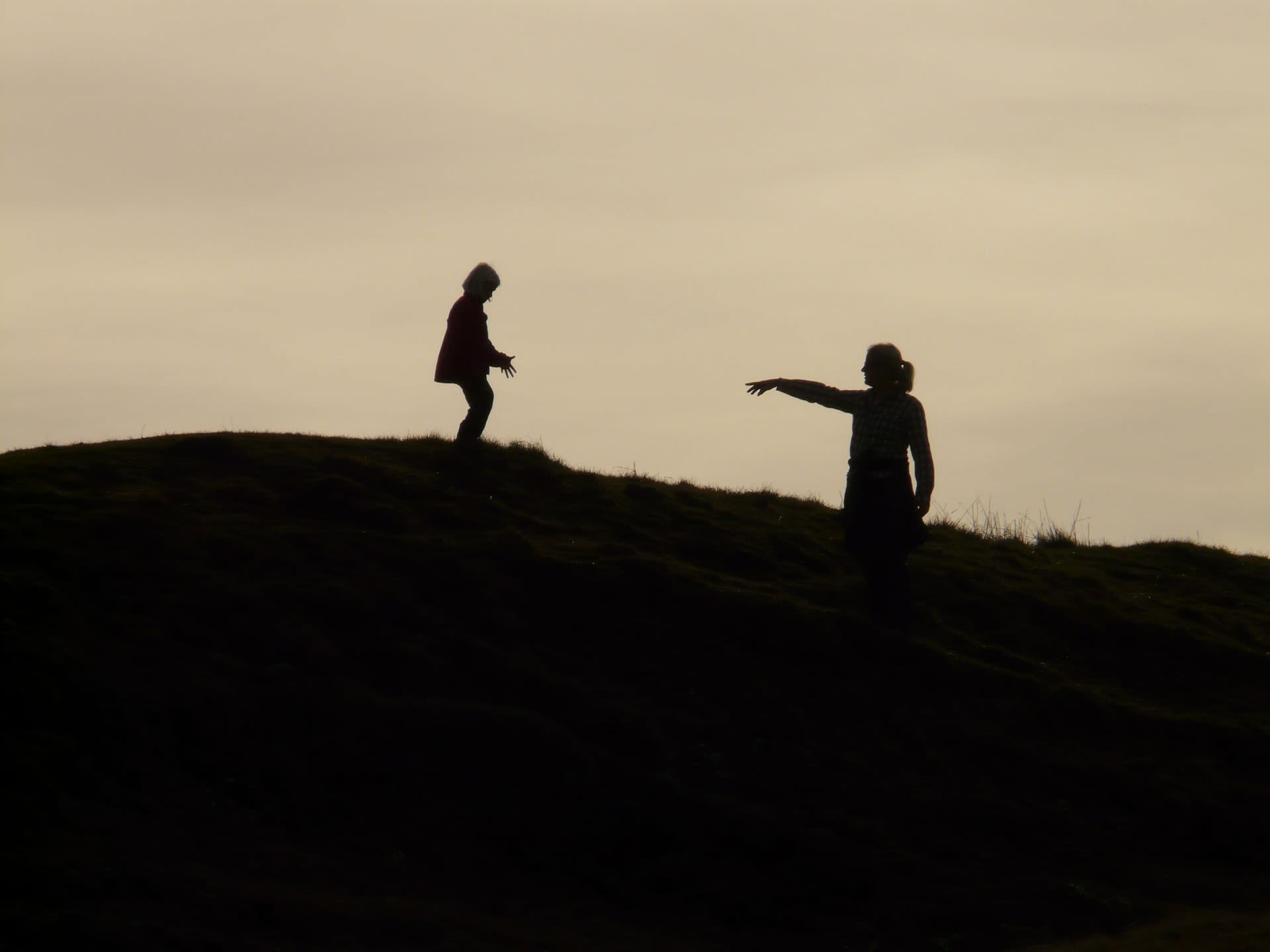
Confidentiality in Volunteering
Confidentiality when volunteering is the same as confidentiality when in the workplace. Volunteering is defined by Volunteering Australia (2015, p. 2) as ‘time willingly given for the common good and without financial gain’. Although the time is given willingly, and not necessarily in a usual workplace situation, confidentiality when volunteering is covered by the same State and Federal laws.
Volunteering Victoria (2011) suggest that volunteer organisations need to adopt a clear policy on how volunteers should maintain confidentiality, should the volunteers be ‘privy to confidential information about [the] organisation, staff or clients’. Just as with students in the classroom or on field trips or placements, or people in the workplace, volunteers can be subject to disciplinary action (such as termination of engagement) for breaches of confidentiality. Similarly to other situations, a confidentiality agreement might be required.
If you would like to find out more about the implications of volunteering, you can visit the Volunteering Tasmania website. You will note that within this site is a link to where you can obtain legal help with questions about volunteering.
University College has produced a learning module on volunteering which you are welcome to explore.
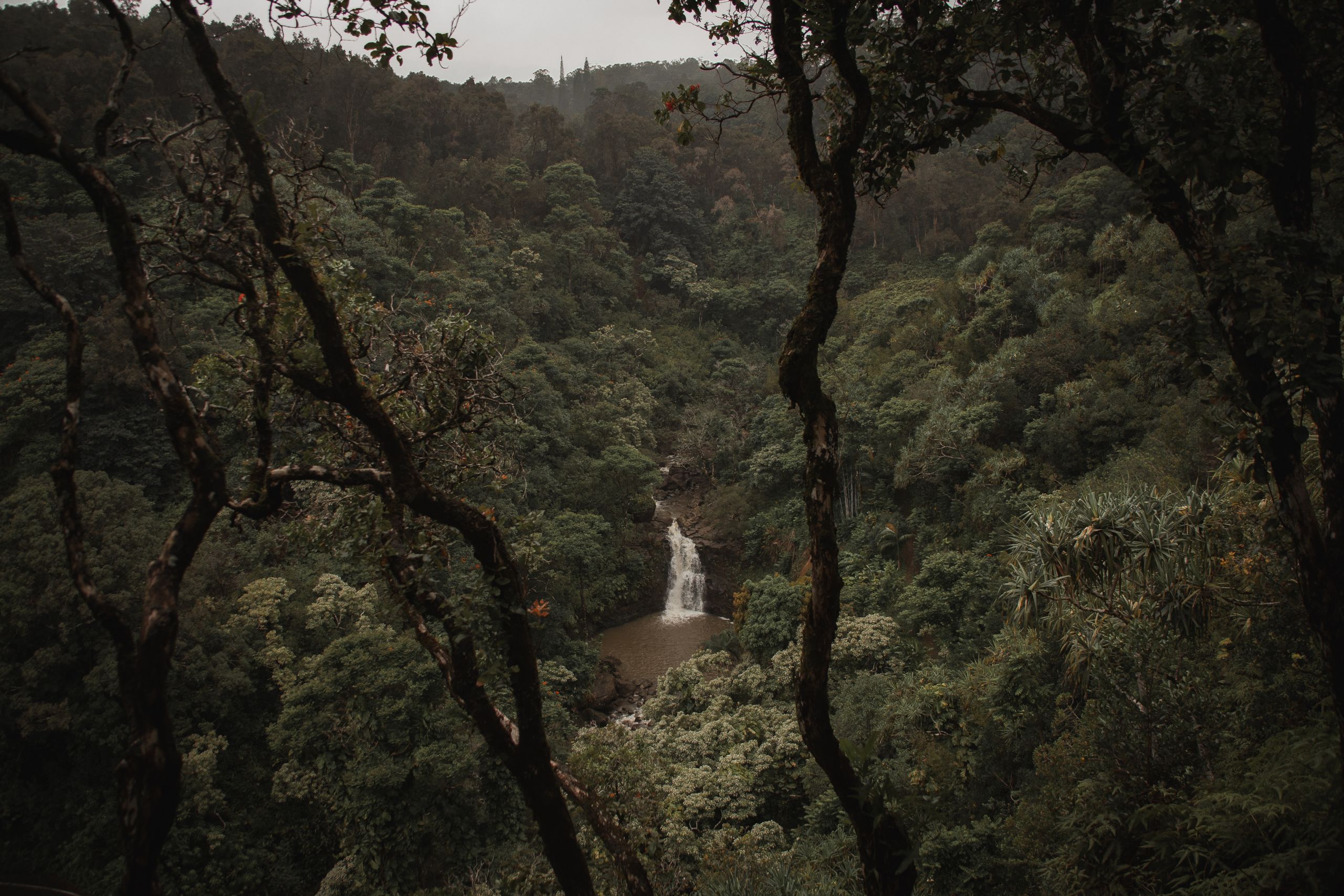
To recap:
- Confidentiality is about expecting others not to disclose information without permission, and trusting that they will not do so.
- Confidentiality is important from business and personal aspects; as an aid to collaboration; and as an ethical and/or legal obligation.
- Confidentiality can be protected by a form of legal agreement. These forms of agreement can differ in strength and detail depending on the circumstances and the sensitivity of the information.
- Not everything we hear, see, or learn about in the classroom, on site visits, on placement, in the workplace or when volunteering is confidential. However, often it is.
- There is certain information about people (such as personal details) that is generally accepted as being of a confidential nature.
- If someone is about to impart some confidential information to others in the course of their education, work, or generally, it is advisable for them to notify those who will learn the information that it is confidential.
- If you are unsure about whether information is confidential or not, ask the appropriate people. If necessary, obtain their consent to gaining the information, or utilising it in any way.
Just For Fun
You might (or might not) remember the British comedy satire Yes Minister from the 1980s. Just for fun, here is the link to a YouTube titled ‘Is this highly confidential?’
Is this highly confidential? - Yes Minister - BBC comedy | 1:41 mins
Activity
Please watch this YouTube called ‘Navigating Confidentiality in the Workplace’ (2013)
Navigating Confidentiality In the Workplace | 3:45 mins
After you have watched the video, you can test your own understanding by responding to the questions below.
Chrissy mentions two types of confidential information that you might come across in the workplace. What are they? Can you think of any others?
According to Chrissy, there are five main things we all need to do when thinking about confidentiality. What are they? Don’t just list them: write a sentence why you think each might be important.
It is suggested in the video that with today’s easy access to social media it is easy to accidentally post something that should be kept confidential. Can you give an example from your own life where something has gone out to the public that should not have done, and that caused someone (you, perhaps) embarrassment, or worse? Reflect on the possible consequences of sensitive information being posted on the Internet (this includes images).
There are times when keeping something confidential is not right. (a) Name (with Chrissy’s help) two such circumstances and (b) reflect on why it might be wrong to maintain confidentiality in those circumstances.
According to Chrissy, when faced with a ‘grey area’ – that is, when you are unsure what is confidential and what is not – it is best to ask an appropriate person. Consider who you should ask in the following circumstances, noting why you have given each answer:
a. When your friend tells you something personal about themselves.
b. When a fellow-student mentions, in class, something about their workplace.
c. When you wish to post, on Facebook or other social site, a photo or video you have taken while on a field trip to a local business. The answer to this might depend on what is actually in the photo/video.
Reference List
Ah45652 2010, ‘Confidentiality matters’, YouTube, viewed 23 August 2018, <https://www.youtube.com/watch?v=oKGtJE84wIQ>.
Anderson M 2013, Legal cartoon, image, viewed 20 September 2018, <http://blog.legalbistro.com/tag/confidentiality-agreement/>.
BBC Studios 2007, ‘Is this highly confidential? Yes Minister – BBC comedy’, YouTube video, viewed 23 August 2018, <https://www.youtube.com/watch?v=GWlCGSoYkFo>.
Business Queensland 2017, What is a confidentiality agreement?, Queensland Government, viewed 23 August 2018, < https://www.business.qld.gov.au/running-business/protecting-business/ip-kit/browse-ip-topics/confidentiality-agreements/definition>.
Chief Operating Officer 2018, Mutual confidentiality agreement, Template Agreements, Legal Services, University of Tasmania, viewed 23 August 2018, <http://www.utas.edu.au/legal-services/template-agreements>.
Faculty of Education 2018, ‘Procedural guidelines: whilst on placement’, College of Arts, Law and Education, University of Tasmania, viewed 23 August 2018, <http://www.utas.edu.au/education/professional-experience/procedural-guidelines>.
Harvest Business Advisors 2018, How to sell your business, part four – the prospectus or sales package for your business, image, viewed 17 October 2018, <https://www.harvestbusiness.com/how-to-sell-your-business-the-prospectus-or-sales-package-for-your-business/>.
BBC Studios 2007, Is this highly confidential – Yes Minister – BBC comedy, YouTube video, viewed 23 August 2018, <https://www.youtube.com/watch?v=GWlCGSoYkFo>.
New South Wales Department of Education & Training 2018, A supervisor’s road map for work placement, NSW Government Education, Public Schools, Work Placement Coordination Program, viewed 17 October 2018, from <https://www.workplacement.nsw.edu.au/faqs.php >.
Reber, AS & ES 1995, Dictionary of psychology, Penguin, London.
Scivicque, C 2013, Navigating confidentiality in the workplace, YouTube video, viewed 23 August 2018, <https://www.youtube.com/watch?v=_aWUbxN8ZI8>.
Sydney TAFE, ‘Confidentiality’, viewed 18 September 2018, < https://sielearning.tafensw.edu.au/MCS/CHCAOD402A/chcaod402a_csw/knowledge/confidentiality/confidentiality.htm>.
Volunteering Australia 2015, Volunteering Australia Project: the review of the definition of volunteering, viewed 21 September 2018, <https://www.volunteeringaustralia.org/wp-content/uploads/Definition-of-Volunteering-27-July-20151.pdf>.
Volunteering Tasmania 2014, Volunteering Tasmania, viewed 23 August 2018, <https://www.volunteeringtas.org.au/>.
Volunteering Victoria 2011, Confidentiality and intellectual property, viewed 20 September 2018, <http://volunteeringvictoria.org.au/wp-content/uploads/2012/02/17_Confidentiality.pdf>
Williams, G & Pigeot, I 2017, ‘Consent and confidentiality in the light of recent demands for data sharing’, Biometrical Journal, vol. 59 no. 2, pp. 240-50, doi 10.1002/bimj.201500044.